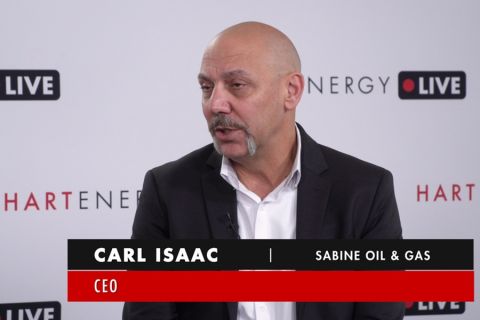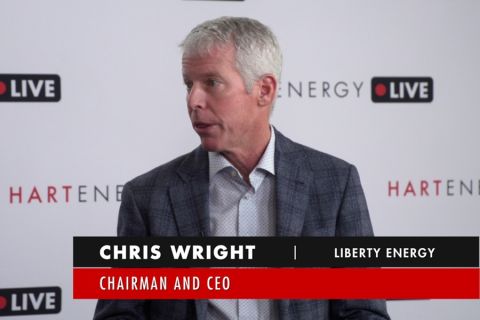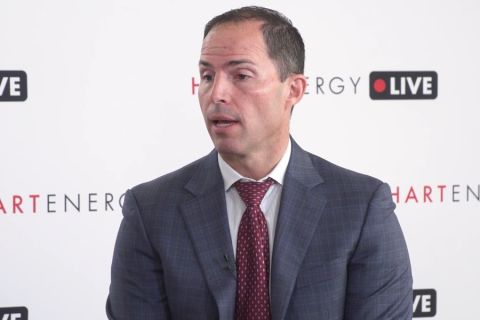There is a still a risk that oil producers pump out too much crude and prices fall sharply, Russia's energy minister said on June 10, suggesting Moscow might support an extension of output cuts at a meeting of leading oil producing countries next month.
OPEC and some non-members including Russia, known collectively as OPEC+, have curbed supplies since January to prop up prices.
Earlier on June 10, Saudi Energy Minister Khalid al-Falih said Russia was the only oil exporter still undecided on the need to extend the curbs - due to expire this month - until the end of the year, according to TASS news agency.
Separately, Russian Finance Minister Anton Siluanov said oil prices could fall as low as $30 per barrel (bbl) if OPEC and its allies did not extend the curbs.
"As far as such a scenario is concerned, this is not ruled out. A lot depends, of course, on the market situation in the second half of the year, in the third quarter, on the supply and demand balance," Russian energy minister Alexander Novak told a media briefing, sitting alongside al-Falih.
He also cited trade wars and sanctions as influencing factors.
"Indeed, there are big risks of over-production,” Novak said. “But on the whole ... we need to analyse deeper and look at how the events will develop in June in order to take a balanced decision at the joint OPEC+ meeting in July."
Falih said both Russia and Saudi Arabia, as well as the OPEC+ group, were working to take "preventive" measures to avoid sharp oil price declines.
In the interview with TASS, Falih said there was disagreement in Russia about whether to prolong the output curbs at a policy meeting in Vienna in the coming weeks.
"So, I think the remaining country to jump onboard now is Russia. I will wait for the Russian dynamics to work themselves out," Falih was quoted as saying.
"There is a debate obviously within the country about the exact volume that Russia should be producing in the second half," he said.
President Vladimir Putin said last week Russia and OPEC disagreed over the fair price for oil, but that they would take a joint decision at the policy meeting.
Powerful Russian oil executive Igor Sechin, CEO of Rosneft , has warned against extending the curbs, saying they posed a strategic threat to Moscow as they could allow the United States to take Russian market share.
Falih said in the interview he may have another opportunity this month to discuss the output deal with Novak at a G20 meeting in Japan before the gathering with OPEC.
Recommended Reading
Exclusive: Sabine CEO says 'Anything's Possible' on Haynesville M&A
2024-04-09 - Sabine Oil & Gas CEO Carl Isaac said it will be interesting to see what transpires with Chevron’s 72,000-net-acre Haynesville property that the company may sell.
Exclusive: Liberty CEO Says World Needs to Get 'Energy Sober'
2024-04-02 - More money for the energy transition isn’t meaningfully moving how energy is being produced and fossile fuels will continue to dominate, Liberty Energy Chairman and CEO Christ Wright said.
Chesapeake, Awaiting FTC's OK, Plots Southwestern Integration
2024-04-01 - While the Federal Trade Commission reviews Chesapeake Energy's $7.4 billion deal for Southwestern Energy, the two companies are already aligning organizational design, work practices and processes and data infrastructure while waiting for federal approvals, COO Josh Viets told Hart Energy.
Exclusive: Calling on Automation to Help with Handling Produced Water
2024-03-10 - Water testing and real-time data can help automate decisions to handle produced water.




